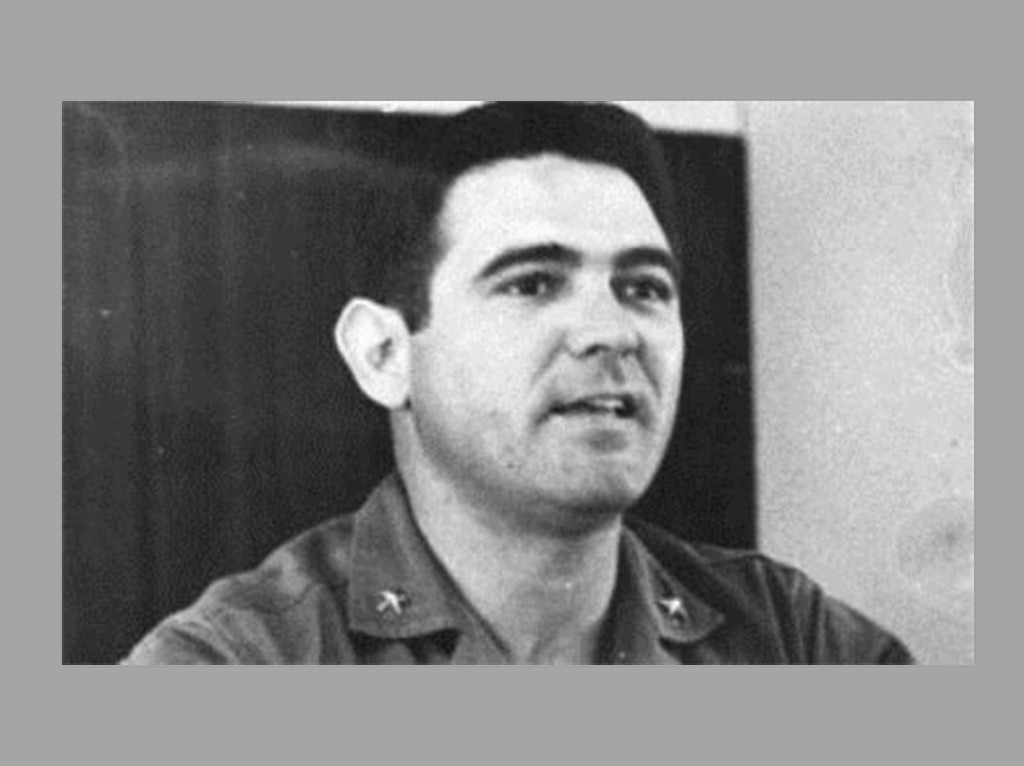The first head of the Cuban military mission in Angola, Commander Raúl Díaz-Argüelles (1937-1975), will be one of those honored (posthumously) with the commemorative medals for the 50th anniversary of national independence.
Díaz-Argüelles appears on the list of the personalities who will be recognized with the special decoration for their contributions to the country. This will take place during the sixth ceremony of this type scheduled for September 29th and 30th.
The commander is the third Cuban to receive the decoration, in this case corresponding to the Peace and Development Class, as it was previously awarded in the Independence Class to Army Corps General Leopoldo Cintra Frías, who received it personally. It was given posthumously to Brigadier General Rafael Moracén Limonta, also in the Peace and Development Class.
According to a statement from the Angolan Presidency, the awards ceremony will award medals to 759 people or their families: 115 in the Independence Class and 644 in the Peace and Development Class.
To date, nearly 1,600 national and international figures have been honored, including freedom fighters, political leaders, musicians, writers, artists, athletes, religious figures and members of civil society.
Raúl Díaz-Argüelles was involved in the early stages of Cuban military collaboration in Angola, at the request of António Agostinho Neto’s government, and participated in some of the key battles that helped secure national independence on November 11, 1975.
On October 21, when inaugurating the Cuanza Sul Hospital, named after the Cuban who died in Angolan territory, President João Lourenço said that the institution bears the name of a great freedom fighter whose contribution was highly significant.
He referred to his role in the Battle of Kifangondo, whose victory led to the declaration of independence; and the Battle of Ebo, just a month after Angola emerged free from colonialism, which prevented South Africa from advancing toward Luanda and the loss of what had been gained, he explained.
After that, there were other battles, but these were crucial because of the timing of their occurrence, and any of them could have meant we weren’t independent, or that we would have achieved it much later, at a greater cost in Angolan blood and sweat, Lourenço argued.
[ SOURCE: PRENSA LATINA ]

